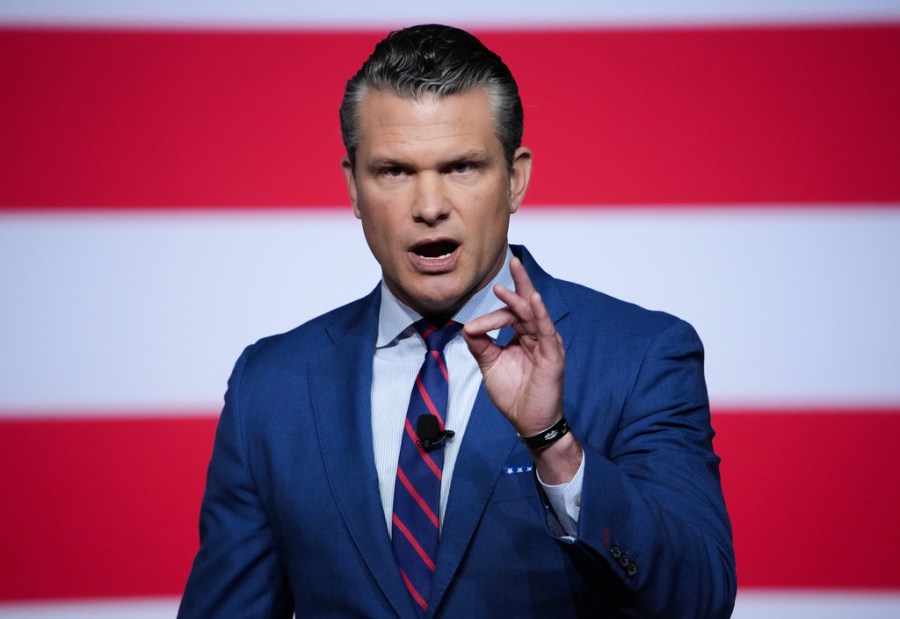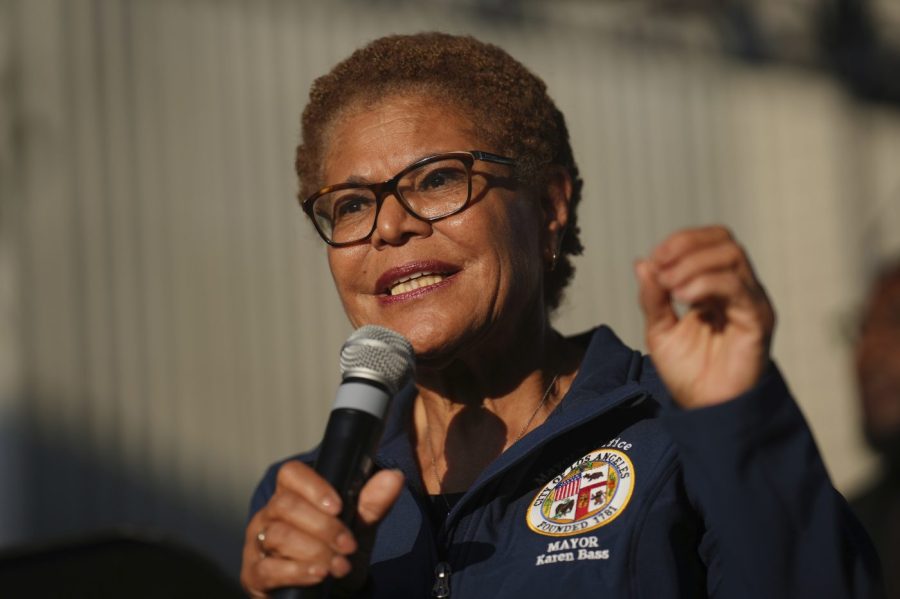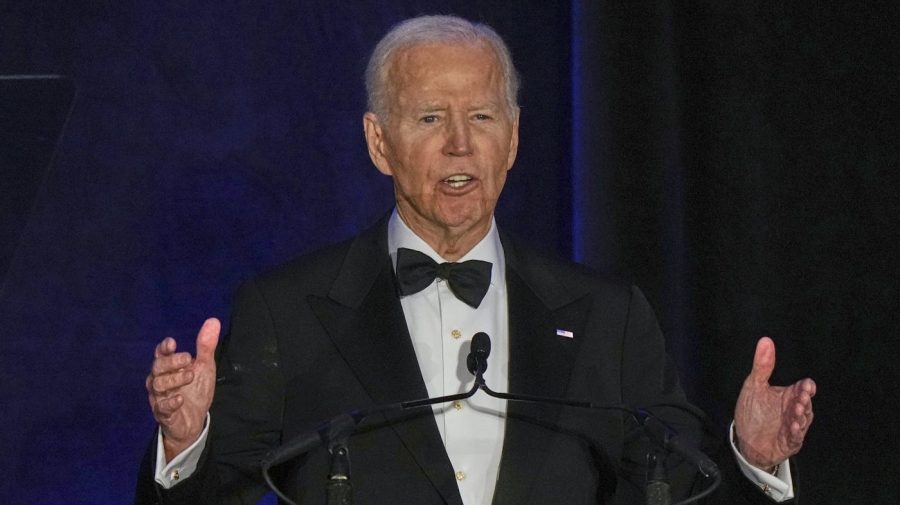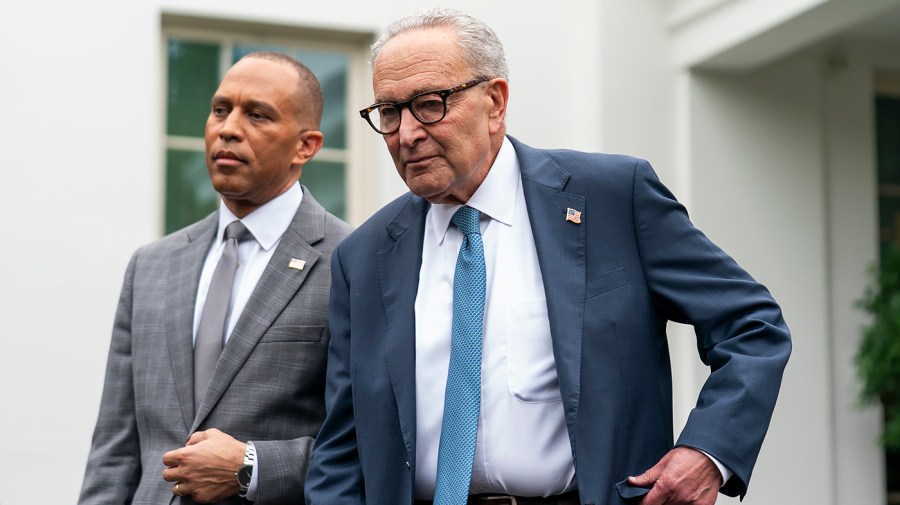
Defense Secretary Pete Hegseth on Monday ridiculed media outlets that said their journalists would not sign on to the Pentagon’s restrictive new press policy, using a goodbye handwave emoji in response to social media posts announcing his decisions.
The Associated Press, Reuters, The New York Times, The Washington Post, The Atlantic, CNN and NPR have all said their journalists will not sign new paperwork stating they will comply or acknowledging they understand the new rules surrounding Pentagon access. Many people posted their statements on social media.
Hegseth responded to several such posts – including one by The Atlantic, saying he was “fundamentally opposed” to the restrictions –goodbye emoji,
Heresponded in the same manner in a statement to The Washington Post, which said the policy undermines First Amendment protections by “imposing unnecessary constraints on collecting and publishing information.”
and heused the same emoji Above a New York Times post that said Pentagon rules threaten to punish journalists for “general news gathering protected by the First Amendment.”
Hegseth has often displayed hostility toward the press, including entire media outlets and individual journalists, and has consistently restricted press access and accommodations at the Pentagon.
Despite repeated claims about transparency by his spokespeople, Hegseth’s office removed four outlets from his Pentagon workspace in late January, replacing them with media outlets that have given favorable coverage to the Trump administration, including One America News Network and Breitbart News. When journalists complained to executives about the move, he removed four additional news outlets, including The Hill, from their desks.
Journalists removed from their desks were still allowed to work in the building, although Hegseth’s office made this difficult by restricting reporters from accessing the Pentagon’s press briefing room – one of the few places in the building where wireless Internet is used to file stories.
In May, Hegseth banned reporters from most Pentagon hallways without official escort. This decision was considered extreme, as journalists had enjoyed unsupervised access to the entire building for decades. Secure or restricted locations have always been off limits to the press without official permission.
Now with the new Pentagon press policy, journalists are no longer prohibited from investigating, reporting, or publishing stories on the U.S. military using information deemed technically sensitive or unclassified, but they could be considered a “security or safety risk” if they even ask for such information from DoD personnel, according to the draft rules.
The Pentagon described the solicitation as including calls for tips, encouraging military personnel to share non-public information, as many journalists do through their publications or personal social media platforms, as regular Defense Department news briefings are non-existent.
Pentagon Press Associationsaid last week Hegseth and other officials have been “systematically limiting access to information about the US military” since the beginning of the year.
Even several right-wing news organizations have opposed the policy, including The Washington Times and Newsmax, the latter of which has said it believes the requirements are “unnecessary and onerous” and that its reporters will not sign up to it.
Beat journalists now have until Tuesday to sign the new rules or give up their press passes by Wednesday. Editors and reporters have said they will continue to cover the US military even without press credentials.












